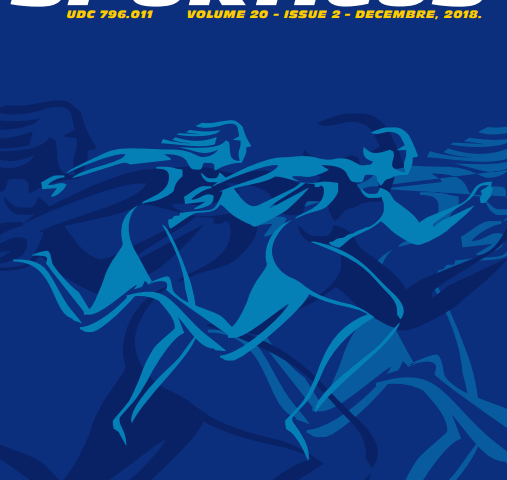Abstract
The aim of this research was to examine the predictions of vocational outcomes of junior karatekas based on the constructs of the most important self-evaluation and self-efficacy in expectations regarding their vocational outcomes. This research included 204 karatekas from Serbia (AM = 16.42, SD = 1.06). Three measuring instruments were applied on this pertinent sample: Core SelfEvaluations Scale, Career Decision Self-Efficacy Scale (CDSES-SF) and Vocational Outcome Expectations Scale (VOE). The internal consistency and reliability of the used scales was in accordance with the theoretical statistical reliability criteria. The values of Crombach alpha coefficients were (α = 0.82, α = 0.90, α = 0.88), which points to homogeneity among the items. The conducted model of hierarchical regression analysis determined that the variables: a) the most important self-evaluation and b) self-perceived career decision self-efficacy, are statistically significant predictors of the criterion of karatekas’ vocational outcome expectations, which accounted for 66% of the variance of criterion variable (R2 = 66%, p < 0.01). At the same time, the partial contribution of the construct of core self-evaluation was mediated by the participants’ perceived career decision self-efficacy. The obtained results were discussed within theoretical and practical context.


